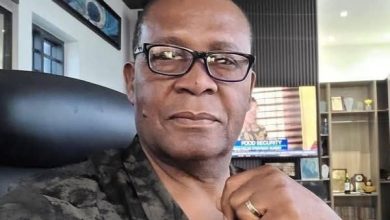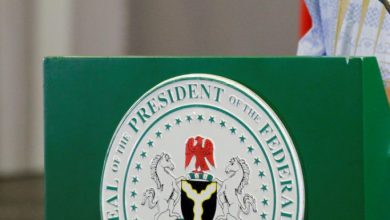Retailers Blame Supply Shortages for Cooking Gas Scarcity and Price Surge
The LPG Retailers Association has denied responsibility for Nigeria’s recent cooking gas price hike, blaming supply shortages instead.
It said unstable production and limited imports, not retailers, are driving the surge in prices.
The Liquefied Petroleum Gas Retailers Association of Nigeria (LPGAR) has dismissed claims that retailers are responsible for the recent surge in the price of cooking gas across the country, blaming the situation on persistent supply shortages.
In a statement released on Saturday in Lagos, the Chairman of the association under the Nigeria Union of Petroleum and Natural Gas Workers, Mr. Ayobami Olarinoye, said the ongoing scarcity and price hike are caused by supply disruptions rather than price manipulation by retailers.
“The current scarcity and price increase have brought serious hardship to households and businesses. Retailers should not be blamed because we only buy from plant owners and sell to consumers,” Olarinoye explained.
He was responding to comments reportedly made by the President of the Nigerian Association of Liquefied Petroleum Gas Marketers, who accused retailers of contributing to the price hike. Olarinoye described the accusation as unfair, saying retailers neither import LPG nor operate at depots.
According to him, many gas retailers travel long distances to buy supplies at high prices, and this cost is passed on to consumers. He said while the Dangote Refinery has kept its prices relatively stable, irregular supplies have created a shortage that continues to push prices up.
“Some retailers have been forced to close their shops for days because they cannot access gas, leading to losses and operational strain,” he said.
Olarinoye added that Dangote’s current production cannot meet Nigeria’s total demand, which now exceeds 2.3 million metric tonnes per year. He noted that other off-takers, who are expected to complement supply through imports or the Nigeria Liquefied Natural Gas (NLNG), have slowed operations due to uncompetitive prices.
“Dangote sells a 20-metric-tonne truckload for around ₦15.8 million, while other suppliers sell the same quantity for as high as ₦18.6 million. Naturally, buyers prefer the cheaper option, and that reduces importation, worsening the shortage,” he said.
He also mentioned that the recent strike by the Petroleum and Natural Gas Senior Staff Association of Nigeria (PENGASSAN) worsened an already fragile supply chain. “Even after the strike ended, supply has not stabilized. Some plant owners have paid for gas but are still waiting in long queues to load,” he explained.
The LPGAR chairman called on the federal government to address the price gap between Dangote and other suppliers to ensure stable supply. He urged authorities to encourage more imports and improve domestic production to make gas affordable for consumers.
“Blaming retailers will not solve anything. The solution lies in boosting local production, encouraging fair competition, and stabilizing supply,” he said.
Olarinoye assured consumers that the union is working with industry stakeholders to find lasting solutions. “We share the public’s frustration and remain committed to restoring normal supply,” he added.
Across several states, a kilogram of cooking gas now sells for between ₦1,800 and ₦2,000, compared to around ₦1,200 earlier in the year. The price jump has forced many Nigerians to revert to firewood and charcoal for cooking as economic hardship deepens.



